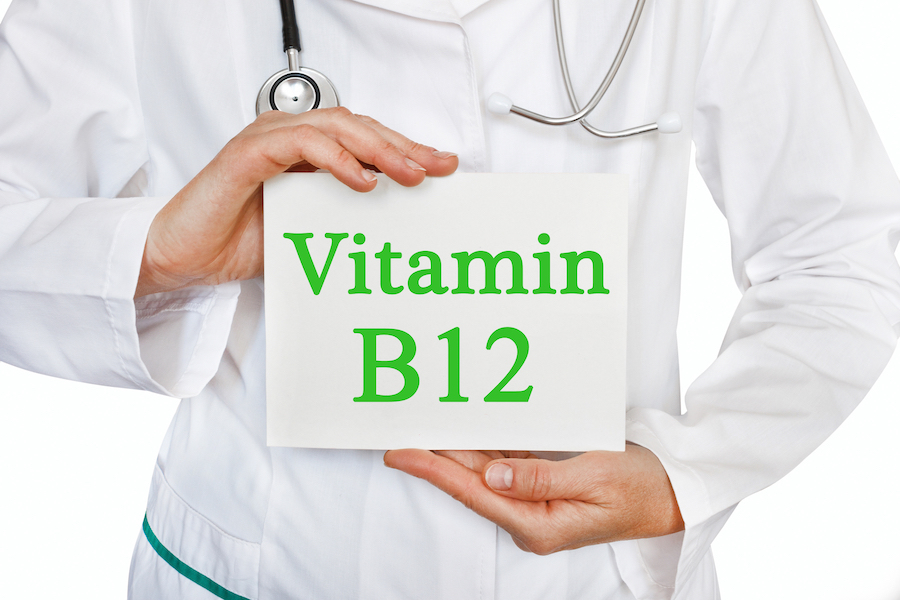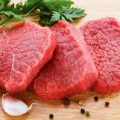Hypothyroidism is a serious chronic disease. Once the thyroid stops producing enough thyroid hormone, your health will go downhill fast. Without treatment with replacement thyroid hormone, you will eventually die. Yes, it is that serious.
Unfortunately, taking replacement thyroid hormone is not enough to restore health. Many thyroid patients are deficient in a range of essential vitamins and minerals. Supplementing is very beneficial for thyroid patients. In many cases, an underlying deficiency is the root cause of your failing thyroid, although you probably had no clue.
Thyroid patients often suffer from leaky gut caused by underlying inflammation. Autoimmune thyroiditis, also known as Hashimoto’s thyroid disease, is associated with inflammation in the gut. The gut wall becomes more permeable and proteins leak out before they are absorbed. This triggers an immune reaction, which causes inflammation. It becomes much harder for the body to absorb essential nutrients, and in time, we develop serious deficiencies.
The body requires optimum levels of nutrients to be able to make sufficient thyroid hormone. Whilst a good diet is the best source of vitamins, minerals, and other essential nutrients, it is usually a good idea to take supplements.
Responsible pet owners don’t think twice about buying supplements from topdogvitamins.com for their pets if it helps boost their beloved pet’s overall health, yet we are often inclined to ignore our own health requirements. Sure, supplements cost money, but with the right nutrients, your overall health will greatly improve.
If you have recently been diagnosed with an underactive thyroid, you are likely to be deficient in some or all of the following vitamins and minerals.
Magnesium
Magnesium is essential for the production of TSH, or Thyroid Stimulating Hormone. TSH tells the thyroid to produce T4, which is then converted to the active hormone, T3. People who drink a lot of soda, eat too much refined sugar and are under stress typically end up deficient in magnesium. Magnesium supplements are available as a topical spray, which is absorbed through the skin, or as magnesium chloride diet supplements. Some people do not tolerate oral supplements very well, so if you find magnesium supplements make you poorly, try a transdermal magnesium spray.
Iodine
Iodine is essential for the synthesis of thyroid hormone. T4 is produced by the thyroid gland. The body needs iodine to convert T4 to T3, which is the active hormone that travels inside our cells. Some people can’t make T3 from T4 because of a genetic abnormality, but the rest of us need plenty of iodine to get the job done.
A goiter (an enlarged thyroid gland) is caused by an iodine deficiency. In the US, table salt is iodized, so if you eat a lot of salt, you are probably consuming enough iodine. However, too much salt causes other health problems, so try to eat plenty of milk, eggs, cheese, vegetables, seafood, and kelp, as they are all good sources of iodine.
Vitamin B12 and B2

You will probably find your Vitamin B levels are low if your thyroid is underactive. It is especially important to have your Vitamin B12 levels checked, as low B12 can cause neuropathy, poor memory, tiredness, and other unpleasant symptoms. Meat, dairy, fish, eggs, and dark leafy greens are all good sources of B vitamins, but to be safe, take a B complex supplement daily to ensure your levels are optimal.
Vitamin D
Vitamin D is needed to activate T3 and boost out metabolic rate. Hypothyroid patients very often have low Vitamin D levels. We can synthesize Vitamin D from sunlight, but for those of us living in the northern hemisphere, a lack of sunlight during the winter is a real problem. You can also obtain Vitamin D from orange juice, yogurt, and fortified milk, but it is better to take a Vitamin D supplement instead. For those people whose levels are very low, it is a good idea to take a high loading dose of Vitamin D for a few weeks, and then revert to a maintenance dose.
Vitamin A, C, and E
Vitamin A, C, and E are essential for healthy thyroid function. Vitamin E works with selenium and all three vitamins clear harmful free-radicals from the body, which reduces stress on the thyroid gland. Vitamin C is found in citrus fruits and a glass of fresh orange juice is a useful source of Vitamin C in the morning. Eggs, broccoli, spinach, sweet potato, and carrots are good sources of Vitamin A and Vitamin E. A handful of almonds is also a top source of Vitamin E.
Selenium
Selenium is important for healthy thyroid function. Without Selenium, the body can’t convert T4 to T3. Instead, it creates reverse T3, which is inactive and no use whatsoever. A handful of Brazil nuts will boost your selenium intake daily, but salmon, scallops, sardines, tuna, eggs, shitake mushrooms, chicken, and beef are also good sources.
Zinc
It is wise to supplement with a small dose of zinc, as zinc is essential for the conversion of T4 to T3. Include nuts, shellfish, meat, and legumes in your diet to boost your zinc intake.
Probiotics
As we have already mentioned, leaky gut is a common problem in thyroid patients. Many thyroid patients have an imbalance of gut bacteria, so a good way to correct the imbalance is by taking a daily dose of probiotics. Doctors advise that you change your probiotics every few months, as this helps to maintain a rich and varied gut flora. You can also boost your healthy bacteria levels by consuming kefir, sauerkraut, and other fermented foods.
Once your nutrient levels are optimum, you should begin to feel a lot better. You may even find that you can reduce your thyroid hormone intake, but only do this under guidance from your doctor.
It is a good idea to have your folate, ferritin, and Vitamin D levels checked when diagnosed with a thyroid disorder. Feeling tired, run down, and generally unwell is not always down to low thyroid levels. More often than not, low levels of essential nutrients are also to blame.



























No Comments
Leave a comment Cancel